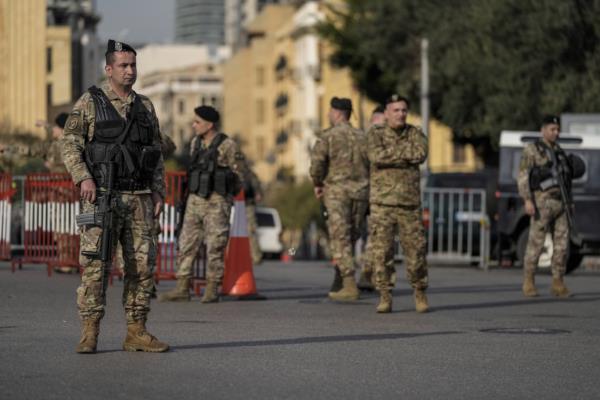
Lebanon's parliament has elected Joseph Aoun as the country's new president, ending a more than two-year-long presidential vacuum. Aoun, the army commander, was chosen as the head of state following a ceasefire agreement that halted a 14-month conflict between Israel and Hezbollah. The United States and Saudi Arabia supported Aoun, who received 71 votes in the first round and 99 votes in the second round of voting.
Hezbollah initially backed another candidate, Suleiman Frangieh, who later withdrew from the race, paving the way for Aoun's election. The political weakening of Hezbollah and international pressure played a significant role in Thursday's outcome. Lebanon's sectarian power-sharing system often leads to deadlock, with the country experiencing extended presidential vacancies in the past.
Lebanon's constitution stipulates that the president must be a Maronite Christian, with the prime minister being a Sunni Muslim and the speaker of parliament a Shiite. The president appoints the prime minister and cabinet, giving the position significant influence despite limited powers.













Joseph Aoun, the fifth former army commander to become president, faced challenges due to constitutional restrictions on high-ranking public servants assuming the presidency. Aoun, who was due to retire in 2024, had his term extended twice during the Israel-Hezbollah conflict. The new government will need to address economic and financial crises, including securing funds for reconstruction and implementing reforms to stabilize the economy.
Despite lacking experience in economic matters, Aoun's backing from key international players like Saudi Arabia, the U.S., and Europe may facilitate his ability to address Lebanon's challenges. However, he will need to navigate complex domestic politics, particularly in managing relations with Hezbollah, a powerful political party with both militant and political wings.







